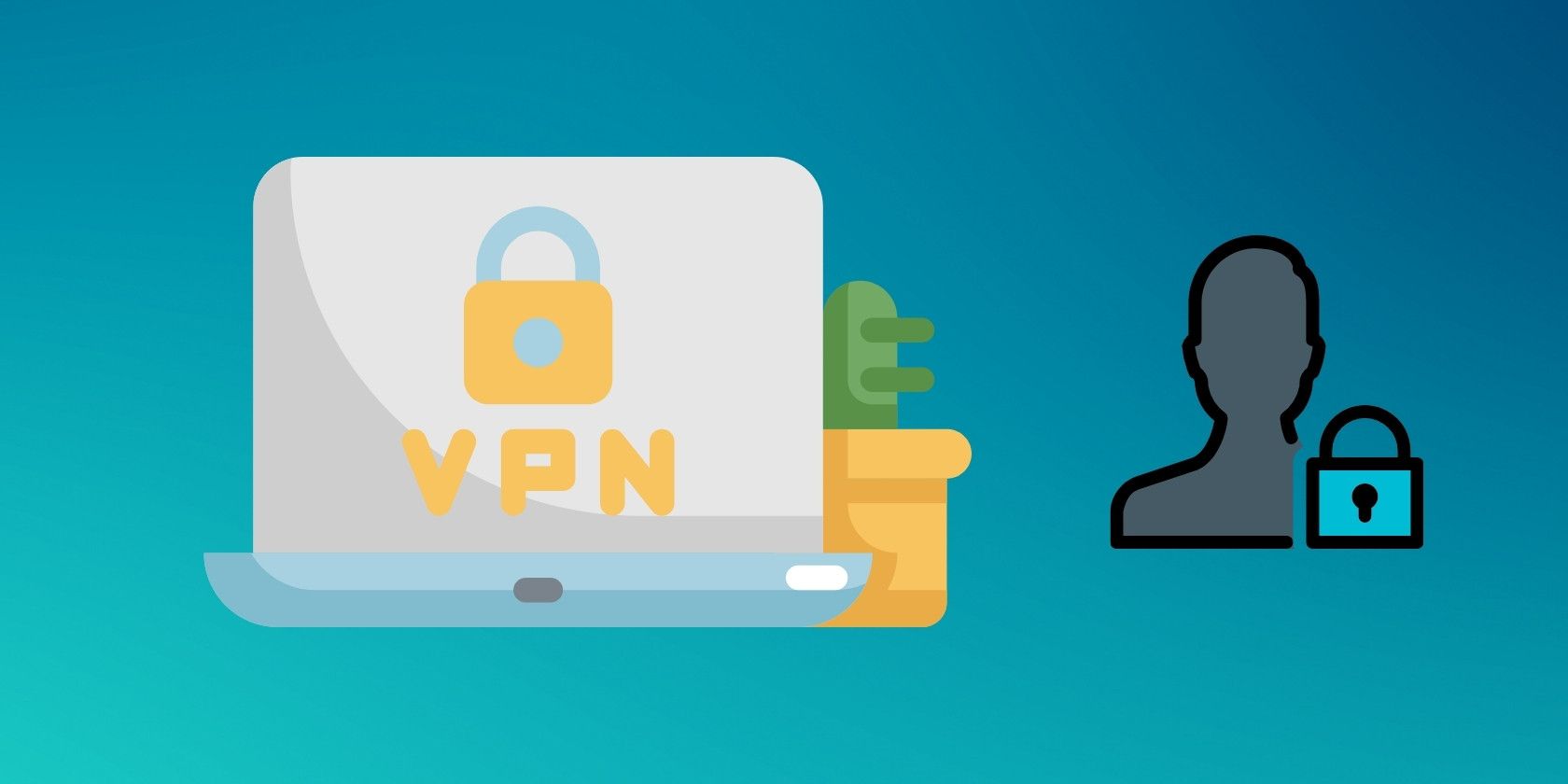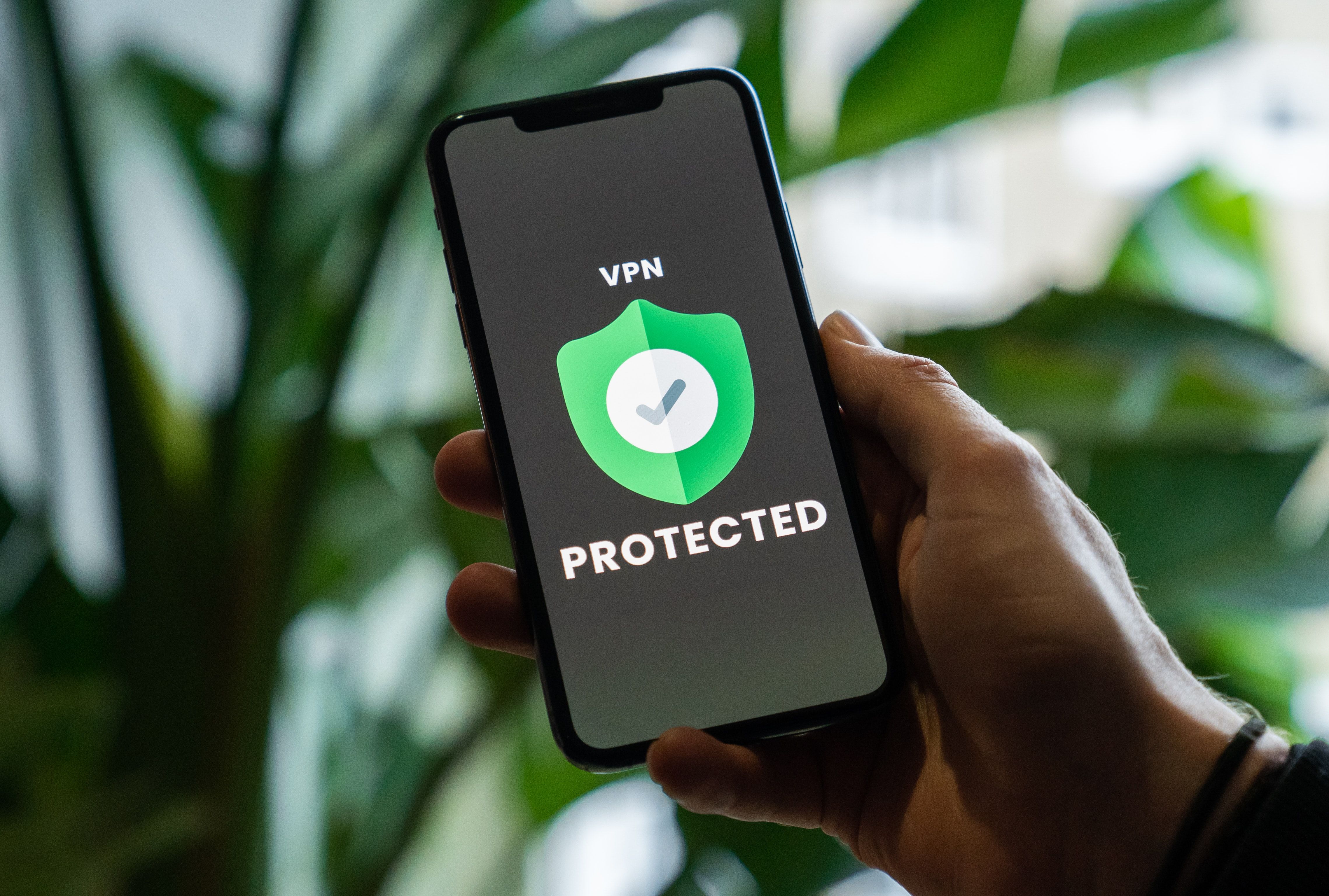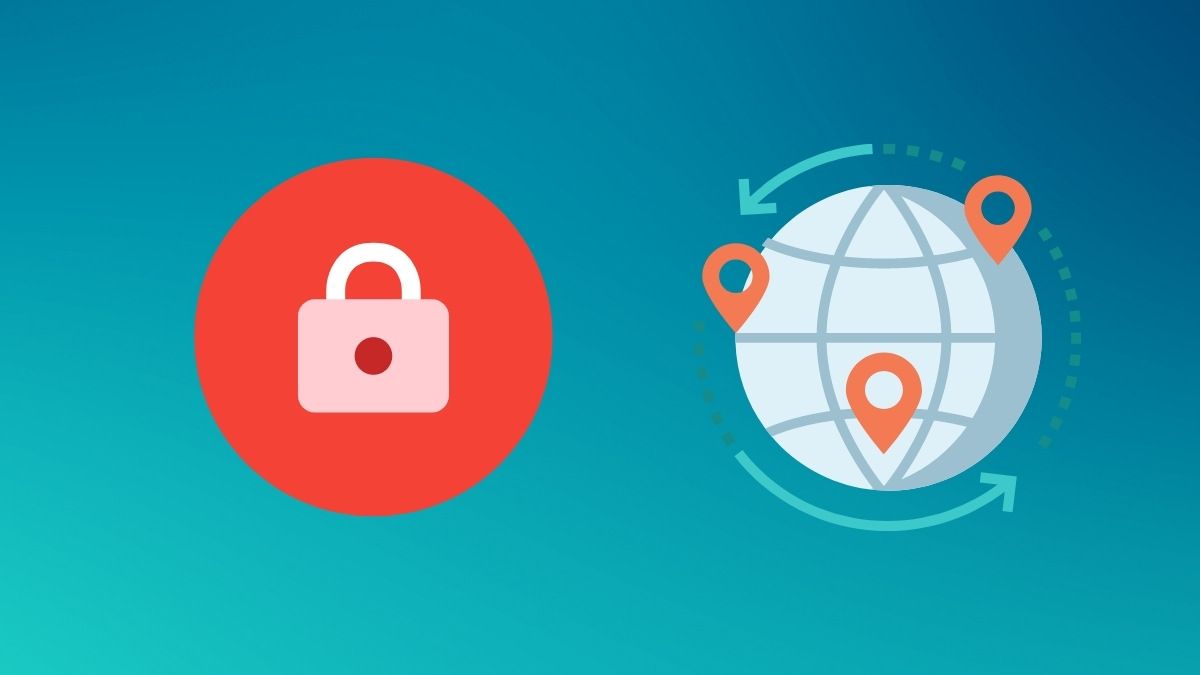A Virtual Private Network effectively secures your network and lets you unblock geographical restrictions while hiding your IP address.
But do you need a VPN to keep your internet activity private and safe? Is it really such a necessary tool to keep your browsing activity secret, or are these claims just myths?
Here, we'll discuss why you may or may not need a VPN to browse the web and keep your online activity safe.
Do VPN Services Keep You Anonymous?
Yes and No.
A VPN is not a solution to make you anonymous, but instead aims to keep your internet activity secure or private to an extent. There are several myths about using a VPN, and this is one of the lesser-known ones that many users do not explore.
Yes, your IP address remains obscure, and the country of your origin gets hidden from the website you visit. However, there is more to it than meets the eye.
When it comes to your overall browsing activity, chances are that you will be signed into certain services in the background while browsing. And as such, these could eventually associate the new IP address back to you.
Moreover, only a handful of services go above and beyond to offer anonymous payment options—without requiring you to share personal information.
In addition to these factors, you need to be aware that you require tools like Tor Browser or a hardened web browser to evade various tracking technologies.
While it's possible to enforce extreme techniques to stay off the grid, these are often not a practical solution for many.
Hence, none of us can ever be truly anonymous with the help of a VPN. We leave digital footprints everywhere in one form or the other. And, a VPN cannot magically erase your digital footprint or help you go off the grid, like the movies.
Hence, it is essential to note that a VPN is not an all-in-one solution to hide your identity online. It only prevents websites from tracking your original IP and location, and secures your connection.
Do VPN Companies Log Your Activity?
Several VPN companies claim that they do not log any of your activity. But if they don't have evidence to back this up, you only have their word.
No system is 100% fool-proof; security incidents can and do happen with VPN servers. For example, a NordVPN server was hacked in 2018. After this, the attacker had easier access to performing a man-in-the-middle attack. Once they did this, thye could intercept a single connection.
Another VPN service provider, Windscribe VPN, also suffered a breach in 2021.
Many VPN services are trustworthy, but it's important to ensure that they can back up their claims of not logging your information. Up to some extent, you can rely on third-party audits showcased by them.
The no-logs policy of a VPN should give you some confidence, but it that not give you the green light to explore illegal activities—and many providers will outline explicitly that you cannot use their services for such purposes.
When Do You Need a VPN?
It is essential to understand why and when a VPN is useful. This should help you decide if you need it at all.
To start with, when you need to hide your IP address from a website or service, you need a VPN.
The ability to hide your original IP address and connect through different countries' servers lets you unblock geological restrictions. And beyond that, you also get to keep your original location safe by appearing to be connected from somewhere else. This should come in handy when trying to access restricted services, or when seeking to consume content only available to certain countries.
In addition to this, if you are a privacy-conscious user, a VPN can prevent your internet service provider (ISP) from logging or spying on your activity.
Your ISP may be able to detect that you are using a VPN. But they cannot figure out what you do when connected with it.
A VPN also comes in handy to get around specific connection issues. For instance, when you cannot connect to a website, trying it out using a VPN is a solution to check if it is an issue with your browser or ISP or the website.
Can You Stay Private Without a VPN?
Without a VPN, you can achieve the same tasks like preventing your ISP from spying on your activity and unblocking restricted sites.
All you need is a secure DNS service.
For example, unblocking Netflix content can be done using a SmartDNS service that allows you to change your location when connecting to the service. In another case, a DNS service like NextDNS can help you block trackers and prevent native tracking on your smartphones.
A DNS service also has its share of perks that include no impact on your Internet connection speed while having various configuration options.
With the help of DNS over HTTPS, it is tough to differentiate the encrypted DNS queries and the usual HTTPS web connections. So, this makes your DNS queries private—and it does not let ISPs or the government easily track your online activity.
It could be challenging to set up if you have multiple devices, but services like NextDNS and ControlD have made it easier than ever before.
Of course, a DNS is no match to a VPN in terms of privacy and security. A DNS service may not hide your IP address, and it is certainly not a solution to privately download files using torrents.
You Do Not Need a VPN for Everything
While a VPN can be useful in terms of privacy and security, you do not need it for everything.
If all you need is to prevent your ISP from spying on your activity, a good DNS service should do the job. And, it should also improve your browsing experience in the process.
Hence, using a private DNS service should be enough for most of the users.
However, if you need better-unblocking capabilities, an encrypted connection tunnel, and different IP addresses, a VPN should be your pick.



